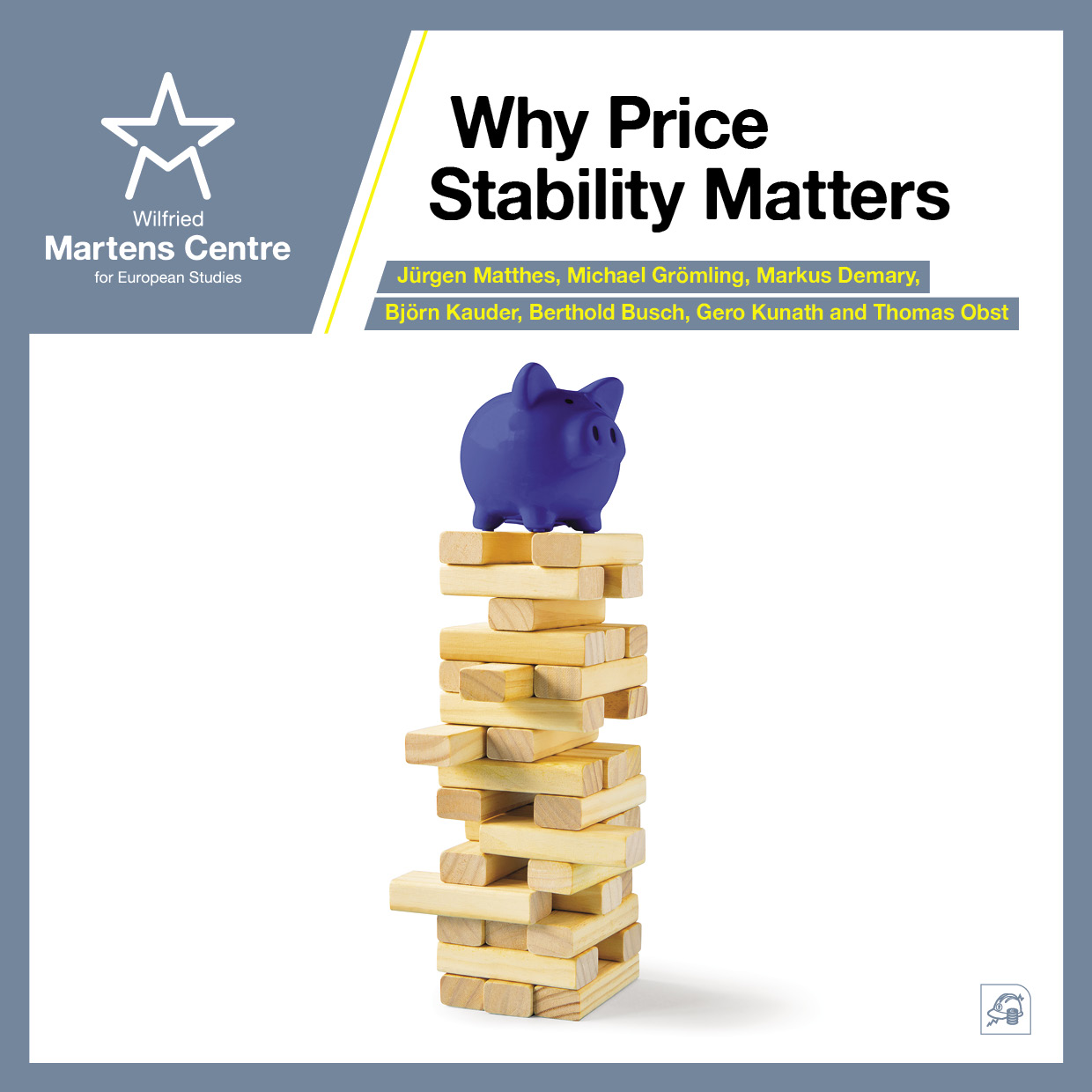Why Price Stability Matters
27 July 2023
As of March 2023, overall inflation is declining in Europe. However, core inflation levels continue to remain well above the 2% mandate of the European Central Bank (ECB). In fact, the current bout of inflation should continue to weaken as and when supply-chain disruption and energy shortages abate. If prices should decline somewhat from their recent peak levels, their contribution to inflation would even be negative, that is, they would contribute to lower inflation rates.
However, there are also factors that will prevent a large and immediate decline in inflation as soon as these scarcities wane. As import and supply prices have risen very strongly in recent months, it will take some time for these price increases to feed through the value chains into the final consumption and consumer prices. This is an important reason why inflation will remain significantly higher than 2% for the next one to two years. However, after this period inflation should come down again to more normal levels, unless significant new price pressures or ‘second-round effects’ occur.
An important second-round effect would be a rise in inflation expectations among economic actors. This is why the ECB needs to continue to signal its commitment to getting inflation down to its target rate of 2% in the medium term. Another important second-round effect—one that is closely connected to inflation expectations—is the potential for a wage–price spiral. In fact, this represents the largest current danger as it could lead to high inflation becoming much more persistent. Import price increases (and particularly energy price shocks) must not be amplified by further labour cost shocks, but instead the resulting loss of purchasing power must be shared between employees (through lower real wages) and employers (through lower profits, as firms cannot usually fully pass on higher input costs in their sales prices).
If trade unions force significant labour cost increases to keep real wages constant or even rising, renewed cost shocks would lead to new price pressures for firms and force them to increase their sales prices further. This would most likely lead to a wage–price spiral and would force the ECB to raise interest rates even more, thus increasing the costs of disinflation and the danger of a recession.
To prevent a wage–price spiral, it is thus high time for macroeconomic coordination between the various policy actors. Monetary policy should focus on targeting price stability, while wage bargaining and fiscal policy should support monetary policy in this objective. Wage negotiation outcomes should include one-off payments by companies on top of normal wage increases. One-off payments would target purchasing power losses but would, at the same time, prevent a long-term increase in labour costs. Fiscal policy should make one-off payments attractive for companies and employees by allowing generous tax deduction possibilities. Even more important, fiscal policy should strive to limit the impact of the current large price increases by providing targeted income support for those members of society most negatively affected by higher inflation rates. In any case, due to high inflation rates and actual supply-side constraints, it is currently not the time for a fiscal stimulus via higher government expenditures.
ENJOYING THIS CONTENT
